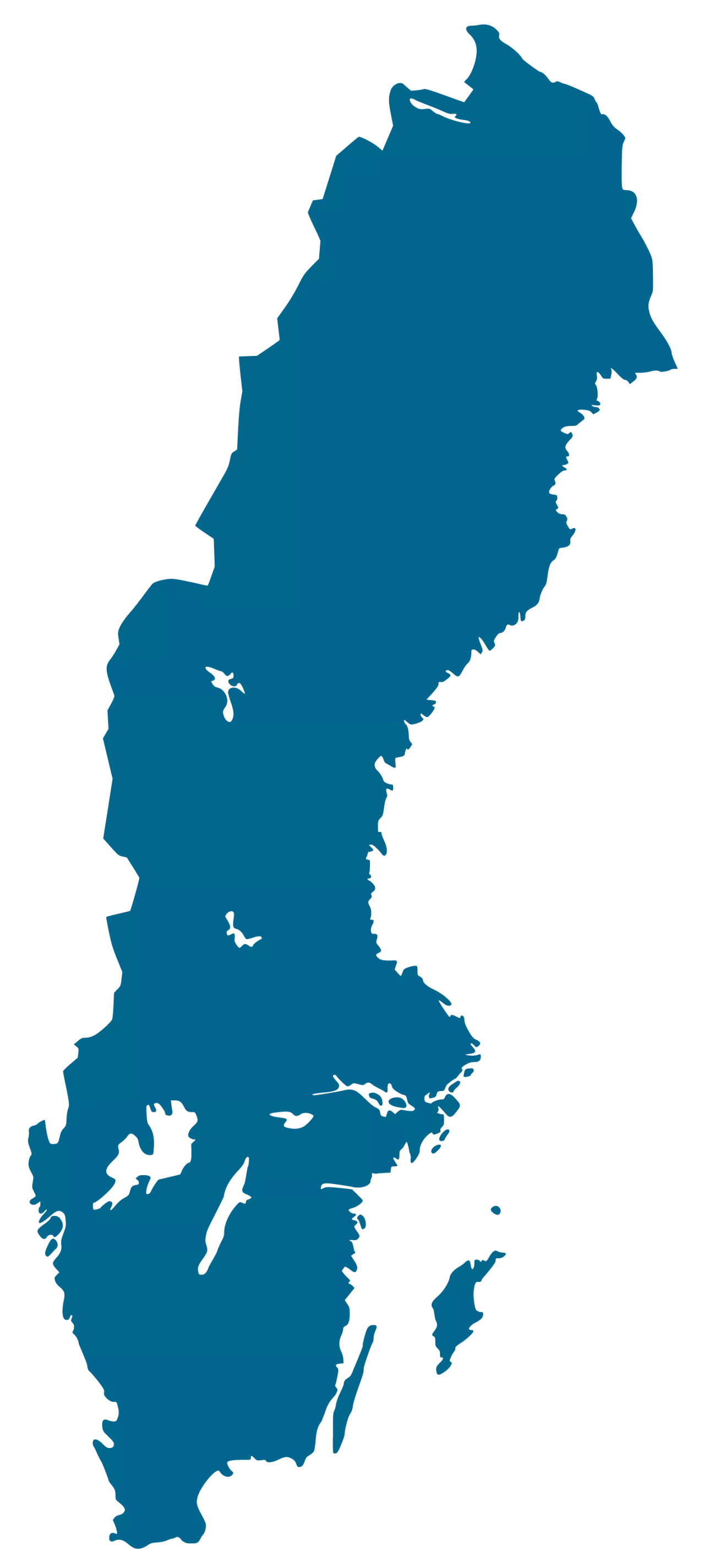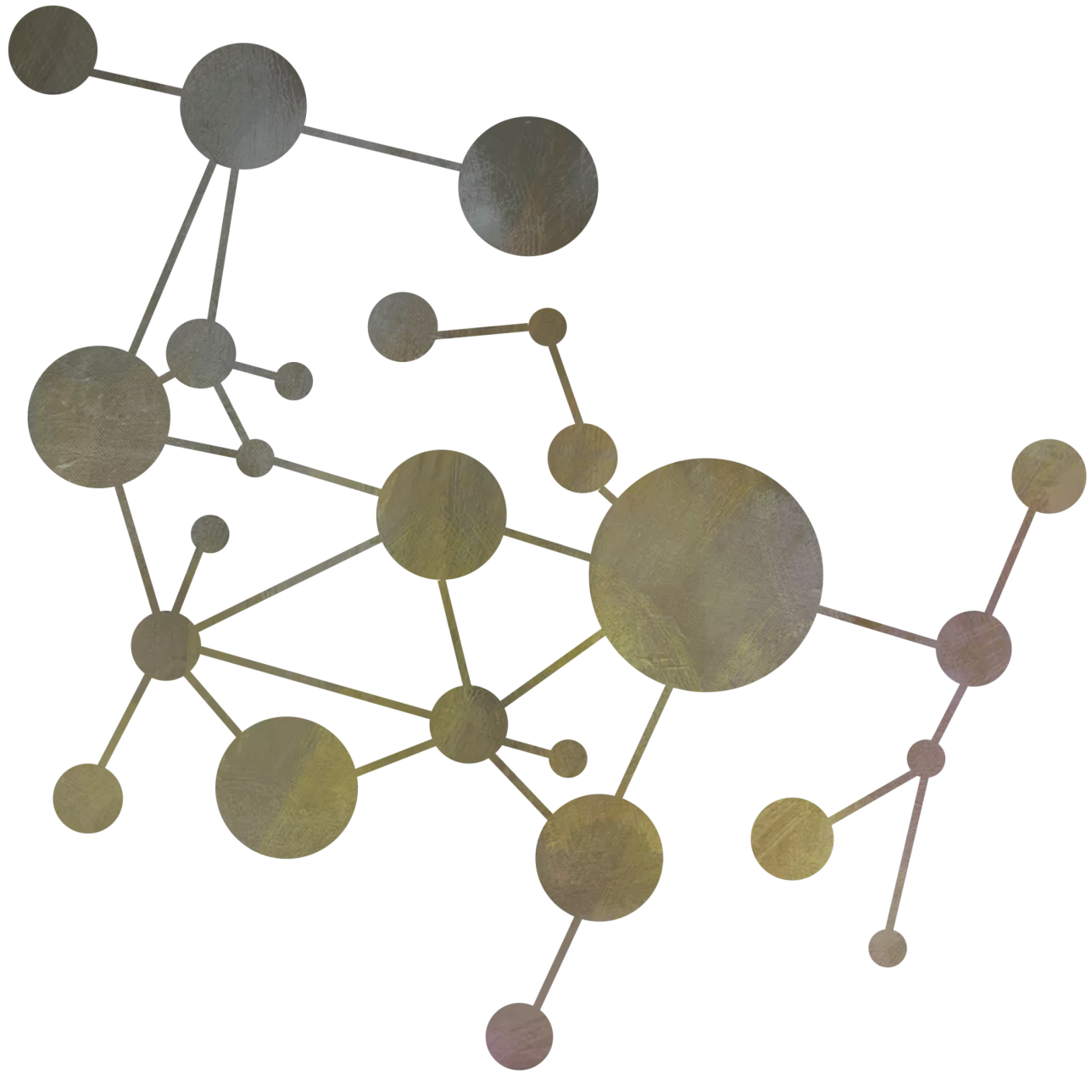Joint Nation Effort
The Knut and Alice Wallenberg Foundation supports long-term, free basic research beneficial to Sweden, mainly in medicine, technology, and the natural sciences. This is achieved through long-term grants to excellent researchers and to projects. The foundation also initiates grants to strategic projects and scholarship programs.
WCMM
The Wallenberg Centers for Molecular Medicine represents an initial ten-year and more than 800 million SEK investment from Knut & Alice Wallenberg Foundation (KAW), with a prolongation period for 2025-2028 with further funding, to support young scientists from the fields of molecular and translational medicine. This recruitment of fellows and associated clinical fellows, specialists in clinical medicine, builds on the KAW national effort to reposition Sweden as a world-leading life science nation.
The goal is to create the best conditions for world-beating molecular and translational research, and for building knowledge and expertise among next generation leaders in academia and the health sector. Each center is also co-funded by the universities, municipalities, regions, industry organizations and other local funding. Since the start the WCMM:s have presently recruited over 100 new group leaders all together.
The four centers have different specialties, conducting research in fields such as cancer, infection biology, neuroscience, metabolic diseases (including diabetes), regenerative medicine, genomics, bioscience, as well as the border zone between medicine and technology. An expanded initiative in data-driven life sciences began in 2020, focusing on areas such as precision medicine, diagnostics and epidemiology. The four WCMMs are located at:
- University of Gothenburg
- Linköping University
- Lund University
- Umeå University
SciLifeLab
SciLifeLab, Science for Life Laboratory, is a centre for the advancement of molecular biosciences in Sweden. The mission of the SciLifeLab infrastructure is to develop, use and provide cutting-edge technologies and expertise for applications in health and environmental research to all researchers in Sweden.
The center is jointly run by the four founding universities: KTH Royal Institute of Technology, Karolinska Institutet, Stockholm University and Uppsala University; with sites also in Linköping, Lund, Gothenburg and Umeå. SciLifeLab provides access to frontline life science technologies for the Swedish research ecosystem and coordinates an interdisciplinary research community as well as a unique infrastructure of facilities and interacts broadly with health-care, authorities and industry. The ultimate goal is to translate fundamental biological insights into lasting societal benefits.
DDLS
In 2020, KAW launched a new, national 12-year and 3.1 billion effort called SciLifeLab & Wallenberg National Program for Data-Driven Life Science (DDLS). The program is coordinated by SciLifeLab, which includes 11 universities and partner organizations, the four WCMM centres included.
The purpose of the program is to train and recruit the next generation of life scientists, to create a strong computational and data science base, and to strengthen the competencies in today’s research society, thereby enabling every scientist to better analyze data patterns and integrate their data with the global data flows in life sciences. Furthermore, the program aims to strengthen national collaborations between universities, bridge the research communities of life sciences and data sciences, and create partnerships with industry, healthcare and other national and international actors. The program focuses on four strategic areas for data-driven research, all of which are essential for improving the lives of people as well as animals and nature, detecting and treating diseases, protecting biodiversity and creating sustainability.
PALS
The Program for Academic Leaders in Life Science (PALS) is a collaborative effort with SciLifeLab, DDLS and the four WCMM centres. The program, co-funded by KAW, aims to form a network for young group leaders in experimental, clinical, or computational life science and for them to engage in multi-disciplinary collaborations.
One main objective is to promote additional scientific interactions between the curiosity-driven, technology-driven and data-driven researchers, as well as translational and clinical scientists. PALS supports new, innovative, and cross-disciplinary research collaborations among the more than 150 SciLifeLab, DDLS and WCMM research group leaders, affiliated to 10 Swedish universities and the NRM.
Within the scope of the PALS collaboration, annual scientific meetings are arranged, giving the opportunity to create a unique and close network that brings together academy and industry, as well as the health care regions across the country.



